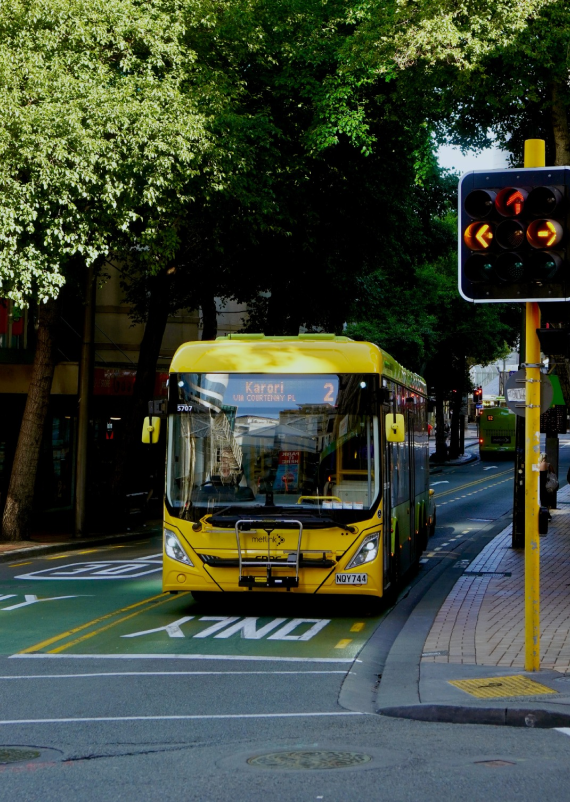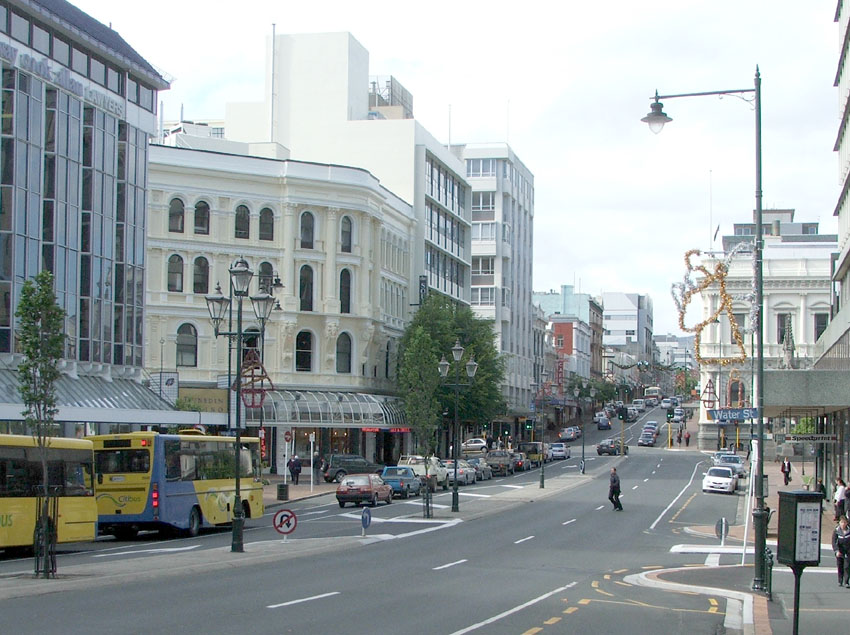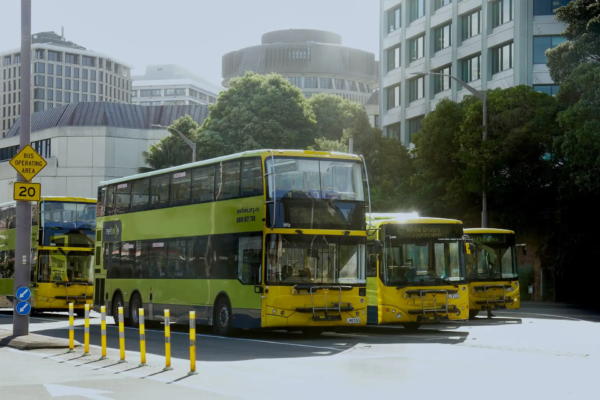24 Transportation Management Associations
24.0.1 Description
Transportation Management Associations (TMAs) are non-profit, member-controlled organizations that provide transportation services in a particular area, such as a commercial district, mall, medical center or industrial park. They are generally public-private partnerships, consisting primarily of area businesses with local government support.
TMAs provide an institutional framework for TDM Programs and services. They are usually more cost effective than programs managed by individual businesses. TMAs allow small employers to provide Commute Trip Reduction services comparable to those offered by large companies. They avoid problems that may be associated with government-run TDM programs, since they are controlled by members.
24.0.3 How travel and emission effects, including long-run, can be measured and modelled
One study estimates that TMAs can reduce 6-7% of total commute trips if implemented alone, and significantly more if implemented with other TDM strategies (TDM Resource Center 1997).
24.0.4 Secondary impacts
Most services provided by TMAs are available to any employee at a worksite. TMAs typically require subsidies, but these are often comparable to subsidies for parking and local road improvements. Some strategies (such as Parking Cash Out) are progressive with respect to income, while others (such as Parking Pricing) may be regressive unless offset by other compensation. TMA services often benefit lower-income and transportation disadvantaged people by improving transportation choices and savings. TMAs can improve Basic Access by providing better travel options to employment and essential services.
24.0.5 Key Information sources
Victoria Transport Policy Institute (2019) TDM Encyclopedia: Transportation Management Associations. https://www.vtpi.org/tdm/tdm44.htm





























